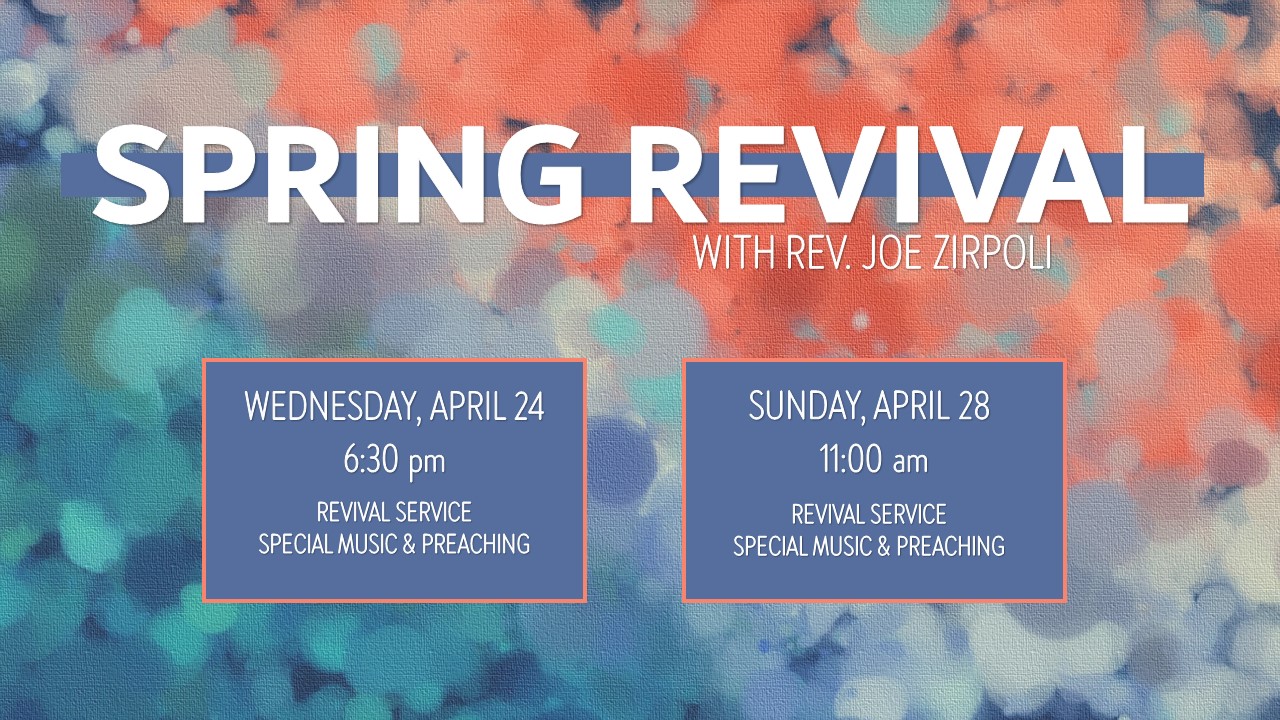Mercy
 In a world that’s getting even and casting shade, mercy is a word that is not used very much any more, if at all. Did you know that the original word for “mercy” (Hesed – in Hebrew) actually referred to a character trait of God and not an action of man? The definition of mercy flows from an understanding that God is not just merciful, but his very nature is to show mercy to us.
In a world that’s getting even and casting shade, mercy is a word that is not used very much any more, if at all. Did you know that the original word for “mercy” (Hesed – in Hebrew) actually referred to a character trait of God and not an action of man? The definition of mercy flows from an understanding that God is not just merciful, but his very nature is to show mercy to us.
Mercy:
Hesed is also defined as loving kindness 176 times in scripture, loving kindnesses 7 times, loyal deeds 1 time, loyalty 6 times, mercies 1 time, merciful 2 times, mercy 1 time, righteousness 1 time, unchanging love 2 times.
All of that revelation is crammed into one little word, “Mercy”: God’s unmerited favor
David spoke of God’s mercy:
Psalm 25:6 NIV
6 Remember, LORD, your great mercy and love, for they are from of old.
Psalm 40:11
11 Do not withhold your mercy from me, LORD; may your love and faithfulness always protect me.
Isaiah uses “hesed” or “mercy” as “loving kindness” in Isaiah 63:7
7 I will mention the loving kindnesses of the LORD, and the praises of the LORD, according to all that the LORD hath bestowed on us, and the great goodness toward the house of Israel, which he hath bestowed on them according to his mercies, and according to the multitude of his loving kindnesses.
The experience of God’s people is that God’s mercy, unlike human mercy, cannot be exhausted ( 2 Sam 24:14 ; Lam 3:22 ). Yet divine mercy is not blind or dumb; although God tolerated Israel’s rebellion with mercy for a very long time ( Nehemiah 9:17 Nehemiah 9:19 Nehemiah 9:31 ; Jer 3:12 ), ultimately ungodliness in Israel was met by a withdrawal of God’s mercy, leading to judgment (Lamentations 2:2 Lamentations 2:21 ; Zech 1:12). But even in judgment and discipline God’s mercy can be seen and hoped for ( 2 Sam 24:14 ; Psalm 57:1 ; Isa 55:7 ; 60:10 ; Jer 31:20 ; Hab 3:2 ; cf. Tobit 6:17), for it is part of the basic disposition of love toward his people, and it directs his actions ultimately in ways that benefit his people.
Mercy as the Foundation of God’s Covenant. Mercy and hesed [d,s,j], God’s covenant love, are integrally related. So close is the relationship that hesed [d,s,j] sometimes is to be viewed in terms of mercy. In this relationship, mercy then comes to be seen as the quality in God that directs him to forge a relationship with people who absolutely do not deserve to be in relationship with him. Mercy is manifested in God’s activity on behalf of his people to free them from slavery; it is neither theory nor principle. As the passages taken up with the establishment of the covenant with Israel show, God’s mercy is a driving force in leading him to create a relationship with Israel ( Exod 34:6 ; Deut 4:31 ; 13:17 ; Hosea 2:19 ); its meaning through hesed [d,s,j] extends to that of loyalty based on merciful love and since that covenant was extended to is (the gentiles) it is God’s Mercy that gives us a relationship with him.
Some of the best relationships you will develop throughout your life will be ones that started with mercy. So go show some lovingkindness to the world today and watch as the best relationships you could ever ask for are develop from simply showing mercy!
~Pastor C




Leave a Reply
Want to join the discussion?Feel free to contribute!